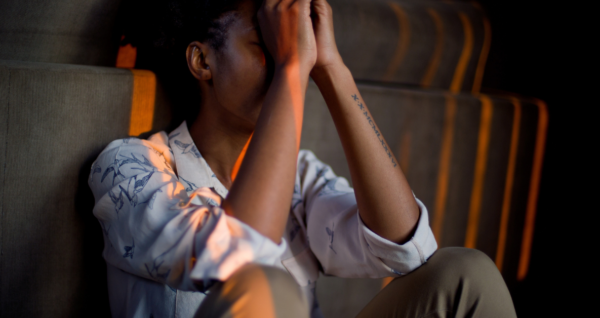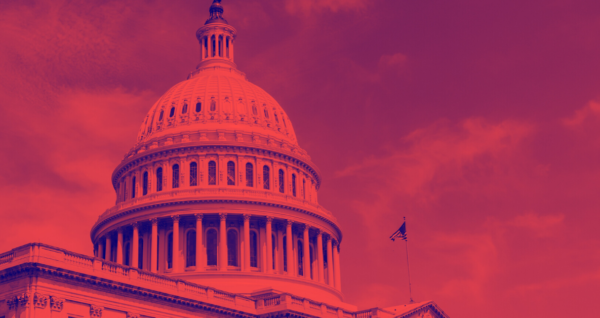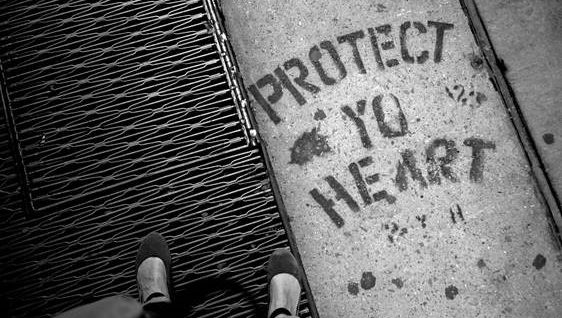The past year has presented unprecedented challenges for LGBTQ+ people, queer youth in particular, advocates say.
Originally published by The 19th.
—
If you or a loved one are in crisis, please call the National Suicide Prevention Lifeline at 1-800-273-TALK (8255), or contact the Crisis Text Line by texting TALK to 74174.
Over the past year, 42 percent of LGBTQ+ youth seriously considered suicide and 94 percent said recent politics negatively impacted their mental health, according to a new report from the Trevor Project.
The third annual report from the Trevor Project, which runs a suicide hotline for LGBTQ+ youth, tracks the mental health for queer youth ages 13 to 24.
The numbers are what Amit Paley, the organization’s executive editor, expected. Still, they shocked him.
“The impact that COVID-19 had on the mental health of LGBTQ young people was profound,” Paley said. “Almost every LGBTQ young person in our sample said that their mental health was negatively impacted by politics.”
The data draws from online surveys of nearly 35,000 youth conducted between October and December 2020.
The past year has presented unprecedented challenges for LGBTQ+ people, queer youth in particular, advocates say. Paley, who staffs the Trevor Project hotline, says many kids have spent the pandemic cooped up in homes where their parents don’t support them, cut off from friends and activities that allow them to be themselves. According to the report, 60 percent of trans and nonbinary youth said that the pandemic impacted their ability to express their gender identity. Queer kids have also ingested the news that more than 30 states are weighing anti-LGBTQ+ bills, sending the message that they are unwelcome in their schools and communities, Paley added.
The flood of anti-LGBTQ+ bills from statehouses, nearly all targeting transgender youth, began circulating in 2020, but the pandemic halted them when statehouses closed. According to the Human Rights Campaign, 2021 has seen a record number of anti-LGBTQ+ bills passed.
“For lawmakers who identify themselves as pro-life and wanting to protect the lives of people, one of the most profound things they can do to help people and to save lives will be to stop pushing bills that put the lives of LGBTQ youth, and specifically trans youth, at risk and to instead put forward proposals that can affirm and support them,” Paley said.
More than 80 percent of youth in the survey said that the pandemic had exacerbated the stress of their living situations, and 70 percent described their mental health as “poor” all or most of the time. That number shot up to 85 percent for transgender and nonbinary kids. Three quarters of the youth surveyed said they had personally experienced discrimination.
Nearly half (48 percent) of kids interviewed said they wanted mental health services but couldn’t get them. Just 16 percent of kids said they didn’t want mental health care at all. Many young people (13 percent) still report being subjected to conversion therapy, a psuedo-scientific mental health practice that claims to make people straight or cisgender. The practice remains legal in 26 states.
The statistics for queer youth of color were even more jarring. While 12 percent of White queer youth reported attempting suicide over the last year, 31 percent of Native/Indigenous youth reported attempts. For Black youth that number was 21 percent, and Latinx kids reported attempts at 18 percent; 21 percent of multiracial youth made attempts, as did 12 percent of Asian American and Pacific Islander youth.
The organization notes that the trend is especially troubling amid reports that rates of suicide overall reportedly dipped in 2020 among the general population but spiked among people of color.
Paley said the Trevor Project’s findings closely align with the experiences of hotline operators, and they track with surveys conducted over the last two years, though he noted the methodology has changed, so it’s hard to directly compare year-to-year. The pandemic, however, has exacerbated the struggles facing queer youth, he said.
“Sometimes people ask, what, what is it about LGBTQ young people that causes them to be more likely to attempt suicide or have mental health issues, and it’s very important to make clear, LGBTQ people are not born more likely to attempt suicide or to face depression or anxiety,” Paley added. “It is that discrimination and stigmatization that causes people to feel alone, or feel mental health burdens.”
The solution, he said, is to create a world where young people feel seen and accepted for who they are.
—






